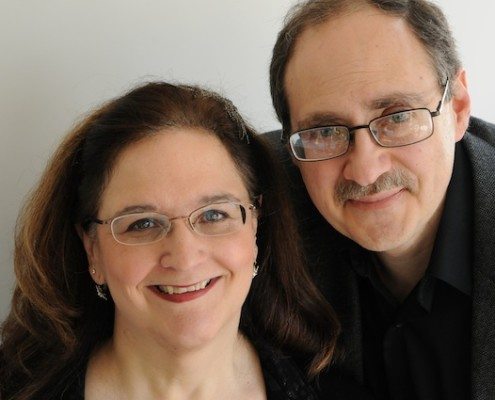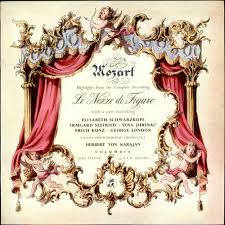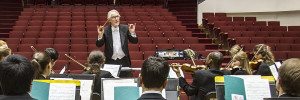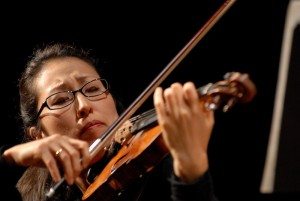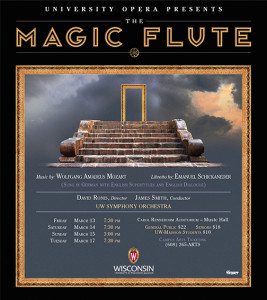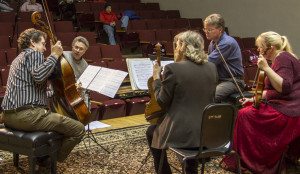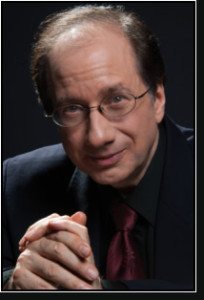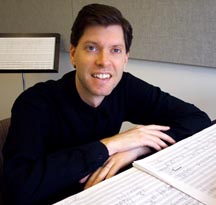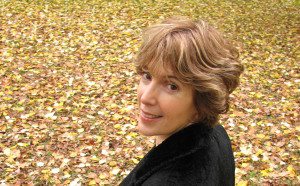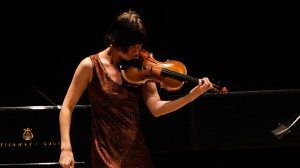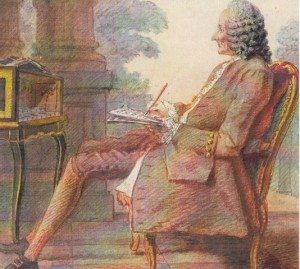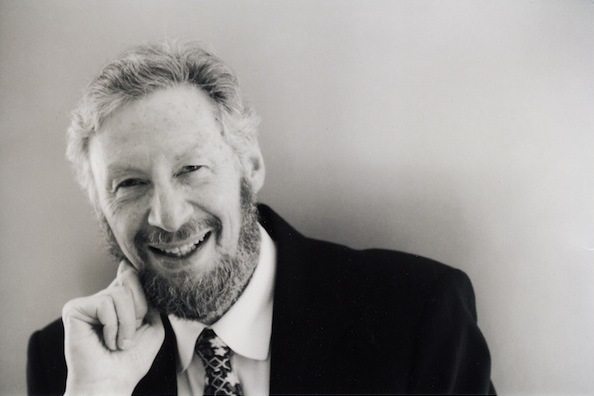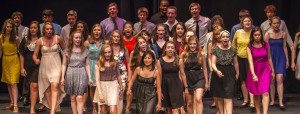Oh, the Games Lovers Play! Love, fidelity, partner swapping, and morality collide in Mozart’s topsy-turvy COSÌ FAN TUTTE
Contact: David Ronis, Karen K. Bishop Director of University Opera, ronis@wisc.edu, 608-263-1932
Following this fall’s sold-out run of Benjamin Britten’s A Midsummer Night’s Dream, University Opera continues to explore the vicissitudes of love with Mozart’s beloved Così fan tutte. Blending rollicking humor with keen insight and barely concealed cynicism, Così features some of the most ravishing music Mozart ever wrote.
Three performances of this masterpiece will be presented at the Music Hall on the UW–Madison campus on February 28 at 7:30p.m., March 1 at 2:00p.m., and March 3 at 7:30p.m. The Mead Witter School of Music’s new Director of Orchestral Activities, Oriol Sans, will conduct the UW–Madison Symphony and Karen K. Bishop Director of Opera, David Ronis, will direct the production.
The story of Così is relatively straightforward. On a dare from Don Alfonso, Ferrando and Guglielmo don disguises to test the faithfulness of their fiancées by wooing each other’s betrothed. Much comedy ensues. The women – goaded by their maid, Despina, who is on the take from Alfonso – at first resist, but eventually give in and fall in love with the “wrong” men. In the end, all is revealed and ostensibly resolved.
But beneath the surface, things aren’t so simple. As the plot develops, the characters are drawn into murky psychological and emotional territory and troubling questions emerge. Is love really so fleeting? When the women fall for the “wrong” men, do the men’s affections also shift to their new partners? And what about Don Alfonso, the instigator of the whole affair? And Despina, the ladies’ maid, who is also complicit. What’s in it for them? When all is said and done, what kind of toll does this partner-swapping take on everyone involved? For all its hilarity, Così fan tutte ends up being a complex psychological study of human nature that addresses serious questions about love and attachment.
The UW-Madison production places Così in 1920, a time in which the early women’s rights movement was gaining momentum. Against this backdrop, this story of male manipulation takes on greater dimensionality and nuance. When Despina encourages the ladies to have affairs with the “strangers,” she embodies the kind of free spirit emblematic of the roaring 20s. Likewise, Don Alfonso, written as an eighteenth-century libertine, becomes a true bon vivant in this milieu – another example of the spirit of the times. What’s more, the choices that the four lovers face can easily be seen to mirror the shifting social landscape of the post-World War I era.
The cast features Rachel Love and Cayla Rosché alternating as Fiordiligi, and Chloe Agostino and Julia Urbank splitting the performances as Dorabella. Carly Ochoa, Anja Pustaver, and Kelsey Wang will all sing the role of Despina. On the men’s side, Benjamin Hopkins will sing Ferrando, Kevin Green will play Guglielmo, and James Harrington will be Don Alfonso.
The production will be designed by Joseph Varga with lighting by Zak Stowe. Sydney Krieger and Hyewon Park will be the costume designers; Lydia Berggruen, the props designer; Jan Ross, hair and wig designer, and the production stage manager will be Dylan Thoren. Others on the production staff include Benjamin Hopkins, operations manager for University Opera; Alice Combs, master electrician; assistant stage managers Grace Greene and Cecilia League; and Ashley Haggard and Kelsey Wang, costume assistants.
University Opera is a cultural service of the Mead Witter School of Music at the University of Wisconsin–Madison whose mission is to provide comprehensive operatic training and performance opportunities for our students and operatic programming to the community. For more information, please contact opera@music.wisc.edu. Or visit the School of Music’s website at music.wisc.edu.
Venue: Music Hall, 925 Bascom Hall
The Carol Rennebohm Auditorium is located in the Music Hall, at the foot of Bascom Hill on Park Street.
Tickets: $25 general public/$20 senior citizens/$10 UW–Madison students
Online:
Campus Arts Ticketing office at (608) 265-ARTS and online at http://www.arts.wisc.edu/ (click “box office”).
In-person:
Wisconsin Union Theater Box Office Monday-Friday, 11:30 a.m. – 5:30 p.m. and Saturdays, 12:00 – 5:00 p.m.
Vilas Hall Box Office, Monday-Friday, 11:30 a.m. – 5:30 p.m., and after 5:30 p.m. on University Theater performance evenings.
Day-of:
Tickets may also be purchased at the door beginning one hour before the performance.
Parking: https://www.music.wisc.edu/about-us/parking/
More information: https://www.music.wisc.edu/event/university-opera-mozarts-cosi-fan-tutte/all/






